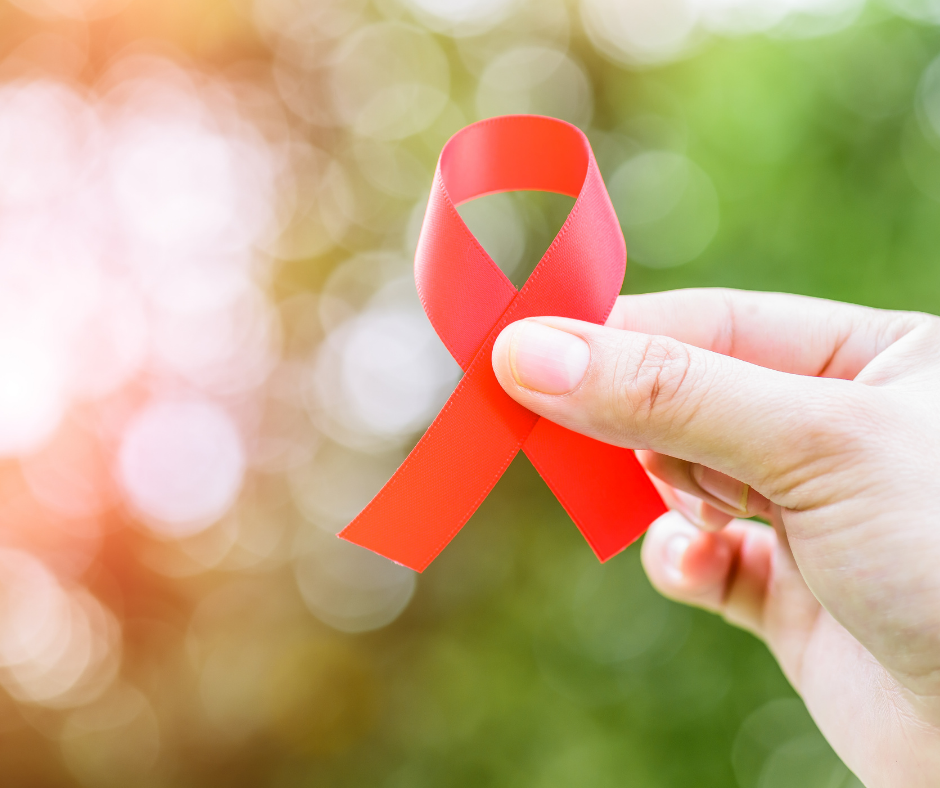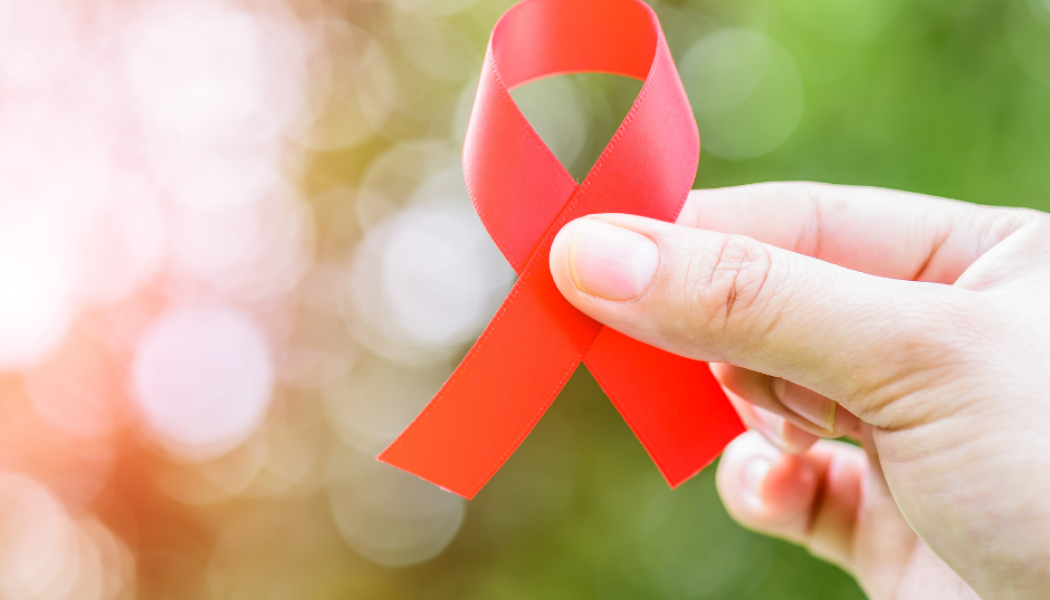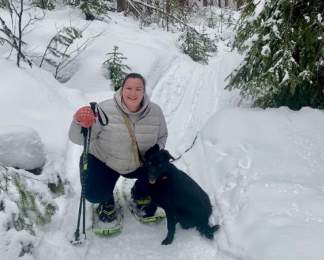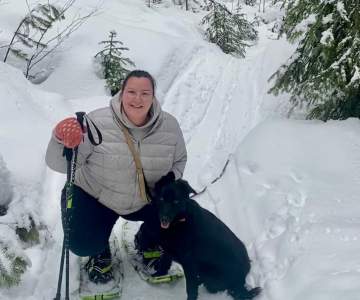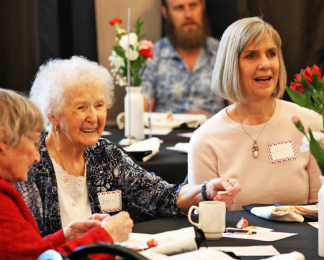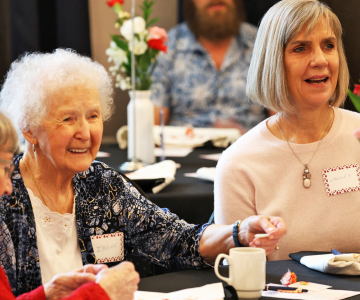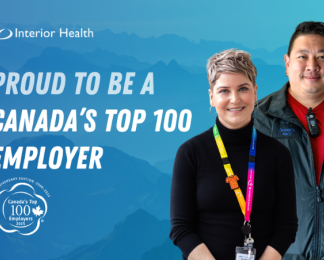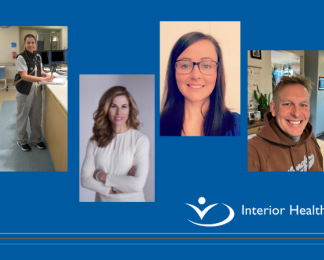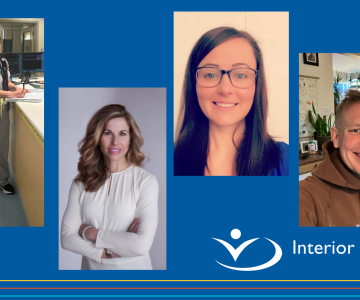An AIDS-free generation in B.C. is an ambitious goal, but it is also in sight.
Since launching the My Health Is Sexy campaign on World AIDS Day in 2016, Interior Health’s new testing strategies have resulted in earlier diagnoses and more effective connections to health care, prolonging and improving peoples' lives; and reducing HIV transmission.
As part a provincial initiative to expand access to earlier HIV testing and provide support for individuals to start and sustain HIV medication, the My Health is Sexy campaign promotes testing, engagement and treatment.
And it’s working.
Today, people living with HIV and receiving treatment can expect to live long, healthy lives free of symptoms. In fact, research has shown that early diagnosis of the disease in combination with antiretroviral therapy means HIV-positive people can expect to live as long as those without HIV.
Further, when people are consistently taking HIV medications, their viral load drops to an undetectable level, protecting their health by preventing progression to AIDS and AIDS-related premature deaths and stopping transmission of the virus to someone else.
This not only improves health outcomes, but making testing and treatment readily available to everyone also builds health equity. It reduces the stigma around HIV/AIDS, and builds dignity and respect.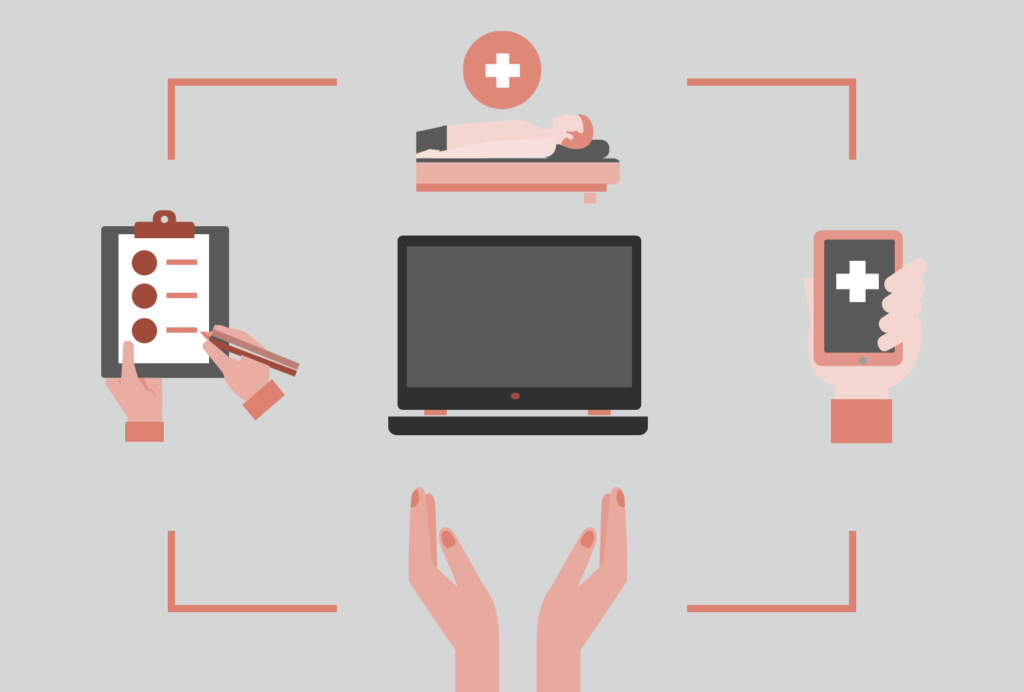
To ensure people get the treatment they need, testing is essential. But access to testing can be affected by a person’s location, the amount of stigma they experience from health-care providers, and even their own fear of getting a test.
That's why people living in B.C.'s interior have the option of:
- On Demand Testing, where people can choose to go to partner labs and request a test without a health providers’ requisition
- Get Checked Online, an online screening tool (delivered in partnership with the BC Center for Disease Control) that provides people with a blood requisition order they can take to any lab
- Testing events throughout the year
- A toll-free number for connection with a health outreach nurse
These services work alongside access to testing through primary-care providers, clinics and hospitals. In addition access to HIV pre-exposure prophylaxis (PrEP) and postexposure prophylaxis (PEP) have been expanded, which are critical to curbing the fight against HIV/AIDS. These have led to a consistent decline in new HIV cases across B.C.
In December 2018, Interior Health launched Emergency Department HIV Testing, a second key program to increase earlier diagnosis and treatment. When patients are admitted to emergency departments and require diagnostic blood work, an HIV test may be included.
"I have personally treated patients who were unaware they were HIV positive and who may have never thought to get tested, that were diagnosed through testing in the emergency department.”
Dr. Michael Murphy, medical coordinator for the STOP HIV/AIDS program, Interior Health
Testing is just the first step in a patient’s journey of living with HIV. Once an individual is diagnosed, they can receive treatment that supports them in living long, healthy lives. As of June 2020, the number of patients who, once diagnosed, remain linked to care, which means they see a nurse of doctor regularly, is at 90 per cent; more than 80 per cent of patients are receiving care and being treated with antiretrovirals; and nearly 50 per cent of people living with HIV currently have an undetectable viral load, which means they are unable to transmit the virus.
While these numbers are encouraging, the work is far from over. Through the STOP HIV/AIDS initiative, the My Health is Sexy campaign, and the ED HIV Testing program, we are working towards an end to the HIV epidemic.
